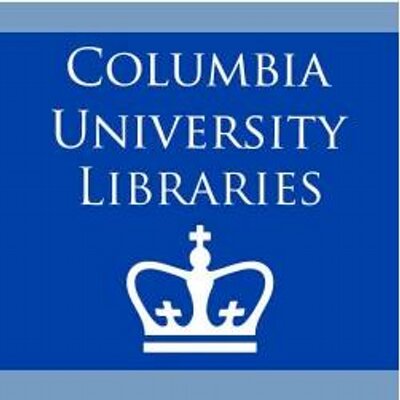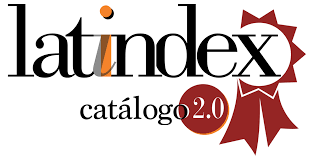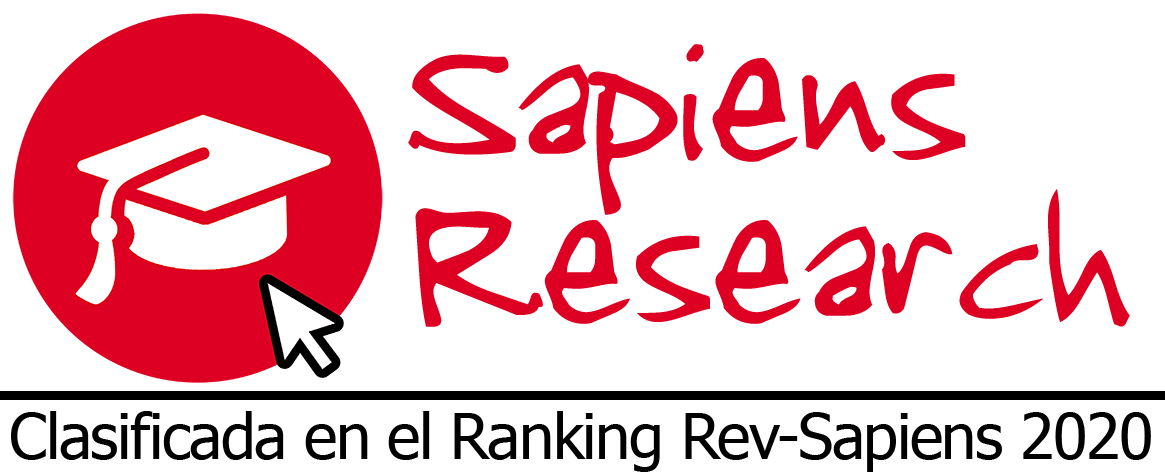La Revista de Arquitectura (Bogotá) se compromete a cumplir y respetar las normas éticas en todas las etapas del proceso de publicación. Los autores de los artículos publicados darán cumplimiento a los principios éticos contenidos en las diferentes declaraciones y legislaciones sobre propiedad intelectual y derechos de autor específicos del país donde se realizó la investigación. En consecuencia, los autores de los artículos postulados y aceptados para publicar, que presentan resultados de investigación, deben firmar la declaración de originalidad (RevArq FP00 Declaración de originalidad).
La Revista de Arquitectura (Bogotá) reconoce y adopta los principios de transparencia y buenas prácticas descritos por COPE, ”Core practices” (2023)
Los integrantes del equipo editorial de la Revista de Arquitectura (Bogotá) guarda confidencialidad acerca de los artículos recibidos, y se abstiene de usar en sus propias investigaciones datos, argumentos o interpretaciones hasta tanto el artículo no sea publicado. Guarda imparcialidad y gestiona los artículos de manera adecuada y en los plazos establecidos. La selección de revisores se hará con objetividad y estos deberán responder a la temática del artículo.
El editor, los autores y los revisores deben seguir las normas éticas internacionales definidas por el Committee on Publication Ethics (COPE), con el fin de evitar casos de:
- Fabricación, falsificación u omisión de datos.
- Plagio
- Publicación redundante, duplicada o fragmentada.
- Omisión de referencias de las fuentes consultadas.
- Utilización de contenidos sin permiso o sin justificación.
- Apropiación individual de autoría colectiva.
- Cambios de autoría.
- Conflicto de interés (CDI) no revelado o declarado.
- Otras que pudieran surgir en el proceso de investigación y publicación.
La fabricación de resultados se genera al mostrar datos inventados por los autores. La falsificación resulta cuando los datos son manipulados y cambiados a capricho de los autores. La omisión se origina cuando los autores ocultan deliberadamente un hecho o dato. El plagio se da cuando un autor presenta como propias, ideas o datos creados por otros autores. Se considera plagio cuando i) se incluye copia directa de un texto sin entrecomillar o citar la fuente; ii) cuando se modifican algunas palabras del texto original paráfrasis sin citar las fuentes; el autoplagio se da cuando el mismo autor reutiliza material propio que ya fue publicado, pero sin indicar la referencia al trabajo anterior. La publicación redundante o duplicada se refiere a la copia total, parcial o alterada de un trabajo ya publicado por el mismo autor.
La revista se apoya en herramientas y software que detectan cualquiera de estos casos en los artículos postulados, y es labor de los editores y revisores velar por la originalidad, fidelidad en la citación y cumplimiento de las normas éticas.
En caso de sospecha de alguna mala conducta se seguirán los diagramas de flujo elaborados por COPE (2022), con el fin de determinar las acciones correspondientes.
La Revista de Arquitectura (Bogotá) se reserva el derecho de retractación de publicación de aquellos artículos que, posterior a su publicación, se demuestre que presentan errores de buena fe, o cometieron fraudes o malas prácticas científicas. Esta decisión se apoyará en “Retraction Guidelines” (COPE, 2009). Si el error es menor, este se podrá rectificar mediante una nota editorial de corrección o una fe de erratas. Los autores también tienen la posibilidad de solicitar la retractación de publicación cuando descubran que su trabajo presenta errores graves. En todos los casos se conservará la versión electrónica y se harán las advertencias de forma clara e inequívoca.
Más información>>> Equipo editorial - funciones y buenas prácticas
Los autores son los titulares del Copyright © del texto publicado; la Revista de Arquitectura (Bogotá) solicita la firma de una autorización de reproducción del artículo (RevArq FP03 Autorización reproducción), la cual se acoge a la licencia CC, donde se expresa el derecho de primera publicación de la obra.
La Revista de Arquitectura (Bogotá) se guía por las normas internacionales sobre propiedad intelectual y derechos de autor, y de manera particular el artículo 58 de la Constitución Política de Colombia, la Ley 23 de 1982 y el Acuerdo 172 del 30 de septiembre de 2010 (Reglamento de propiedad intelectual de la Universidad Católica de Colombia).
Actualizado: Enero 2023


























